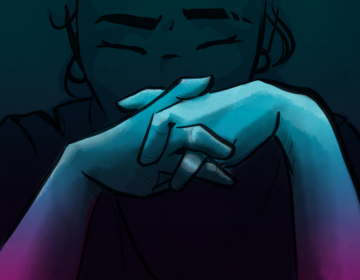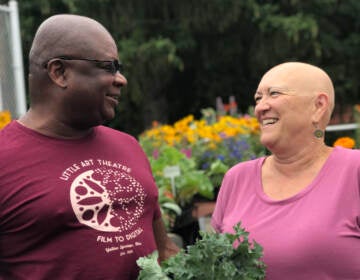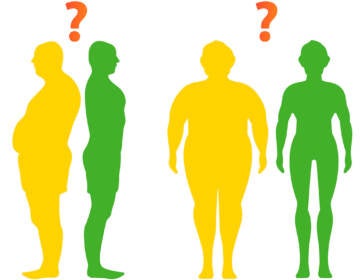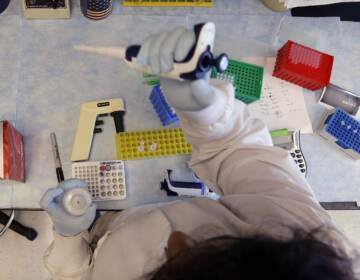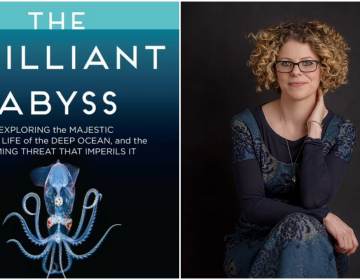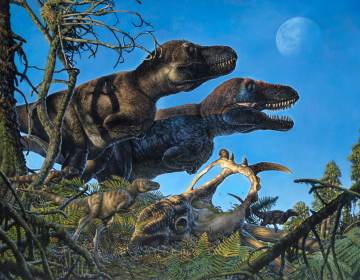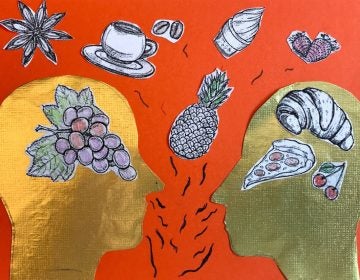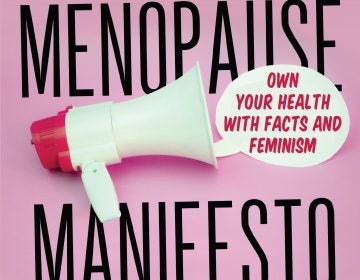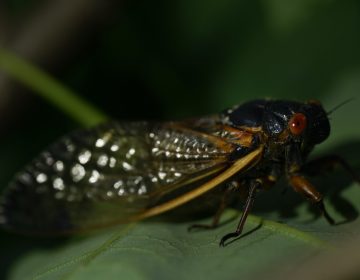
Biology
The Icepick Surgeon: Dastardly Deeds Perpetrated in the Name of Science
Dr. Walter Freeman performed lobotomies with an ice pick through the eye socket....and other stories about doctors who do evil scientific deeds in the name of medicine.
Air Date: August 25, 2021 10:00 am
Listen 49:00How rape affects memory and the brain, and why more police need to know about this
Sexual assault survivors say interactions with law enforcement can be so intense, and so unsympathetic, that they add a secondary trauma on top of the rape.
4 years ago
Bats love to babble — just like humans
The researchers believe that bats and humans both evolved babbling as a precursor to more complex vocal behavior such as singing, or, in the case of people, talking.
5 years ago
Going wig-less — learning to live with alopecia
In movies, bald women are portrayed as strong; in real life, they’re seen as odd. One woman gradually decided to just go with it.
5 years ago
Listen 7:31When the world treats you differently after weight loss
For those who have bariatric surgery, changes in appearance happen quickly, creating new social situations to navigate.
5 years ago
A research vessel found SpongeBob lookalikes a mile under the ocean’s surface
An ocean expedition exploring more than a mile under the surface of the Atlantic captured a startlingly silly sight this week: a sponge that looked very much like SpongeBob.
5 years ago
Why sweat is a human superpower
Turns out human sweat — our body's air conditioning system — is really pretty tame on the "yuck" scale of animal cooling methods.
5 years ago
How a clinical trial cured cancer — in some cases
A researcher’s experience as a patient motivated him to find cures. He focused on cancers caused by the human papillomavirus.
5 years ago
Listen 18:58Colder climates meant bigger bodies for ancient humans
Big bodies are good for cold places.
That's the gist of a foundational rule in ecology that has been around since the mid-1800s.
5 years ago
The deep ocean, climate change and hurricanes
Marine biologist Helen Scales on the deep ocean and its strange and wondrous inhabitants and the threat climate change, pollution and deep sea-mining pose.
Air Date: July 6, 2021 10:00 am
Listen 49:00A new study suggests dinosaurs might not have been as cold-blooded as we thought
A key piece of evidence behind the research is a new collection of bones and teeth from infant dinosaurs dating back to more than 70 million years ago.
5 years ago
Our sense of smell can bring us quick bursts of joy, like a whiff of bread baking, that freshly brewed cup of coffee, or your favorite pe ...
Air Date: June 18, 2021
Listen 49:54Is an irresistible human pheromone possible?
Cultural preferences play a huge role in determining what and who smells good to some and bad to others. Factors other than fragrance are involved.
5 years ago
Listen 7:56Menopause typically happens during a time of life when women need to be on top of their game; managing their careers, raising children, a ...
Air Date: May 25, 2021
Listen 36:29Trillions of Brood X cicadas will be emerging in the coming weeks in our region after 17 years underground. We'll talk about cicada science, their music, and how to eat them.
Air Date: May 14, 2021 10:00 am
Listen 0:00

